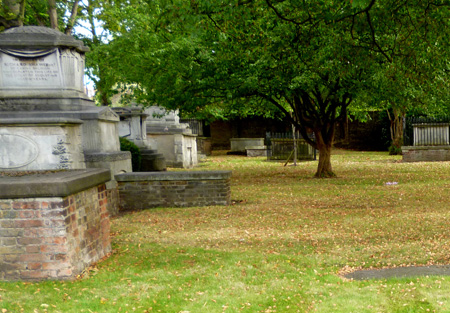VIII

I’m living, dying, drowning, burning up –
extremes of heat and then I’m cold again.
Life is too soft on me and then too hard –
my trials are great, but intertwined with joys.
I burst out laughing and then into tears,
smile through the torment of my many wounds.
My happiness dissolves and yet endures:
I wither and I flourish, both at once.
So Love’s inconstant but remains my guide
and when the pain seems at its very worst
I rise above it unexpectedly.
Then just when I think joy has really come,
that peak experience is mine at last,
I find myself back where I started from.
Je vis, je meurs: je me brule & me noye.
J’ay chaut estreme en endurant froidure:
La vie m’est & trop molle et trop dure.
J’ay grans ennuis entremeslez de joye:
Tout à un coup je ris & je larmoye,
Et en plaisir maint grief tourment j’endure:
Mon bien s’en va, & à jamais il dure:
Tout en un coup je seiche & je verdoye.
Ainsi Amour inconstamment me meine:
Et quand je pense avoir plus de douleur,
Sans y penser je me treuve hors de peine.
Puis quand je croy ma joye estre certaine,
Et estre en haut de mon desire heur,
Il remet en mon premier malheur.
IX

As soon as I allow myself to rest,
safely tucked up in my own comfy bed,
my stupid, sorrowing mind can’t help itself –
it leaves my body, flies straight back to you.
It strikes me then: within this tender breast
I harbour still the very thing I’ve craved,
the object of my deepest sighs, of sobs
I’ve often felt would break my heart in two.
Oh sweetest sleep, oh night of happiness!
May joyful, calming rest bring me this fond
illusion every time I close my eyes.
If my poor lovesick soul is destined now
to never really know such love again,
at least let me have dreams and fantasies.
Tout aussi tot que je commence à prendre
Dens le mol lit le repos desiré,
Mon triste esprit hors de moy retiré
S’en va vers toy incontinent se rendre.
Lors m’est avis que dedens mon sein tendre
Je tiens le bien, où j’ay tant aspiré,
Et pour lequel j’ay si haut souspiré,
Que de sanglots ay souvent cuidé fendre.
O dous sommeil, o nuit à moy heureuse!
Plaisant repos, plein de tranquilité,
Continuez toutes les nuiz mon songe:
Et si ma pauvre ame amoureuse
Ne doit avoir de bien en verité,
Faites au moins qu’elle en ait en mensonge.
Louise Labé in Wikipedia.
Paintings by André Minaux (1923-86) – I came across his work by chance for the first time this week and the sharp, stylized imagery, often of women alone in interiors, somehow resonated with the sonnets; also an exquisite concert on the radio of short pieces by J S Bach and Jörg Widmann made me think about how mutually enhancing old and new(er) works can be.
















